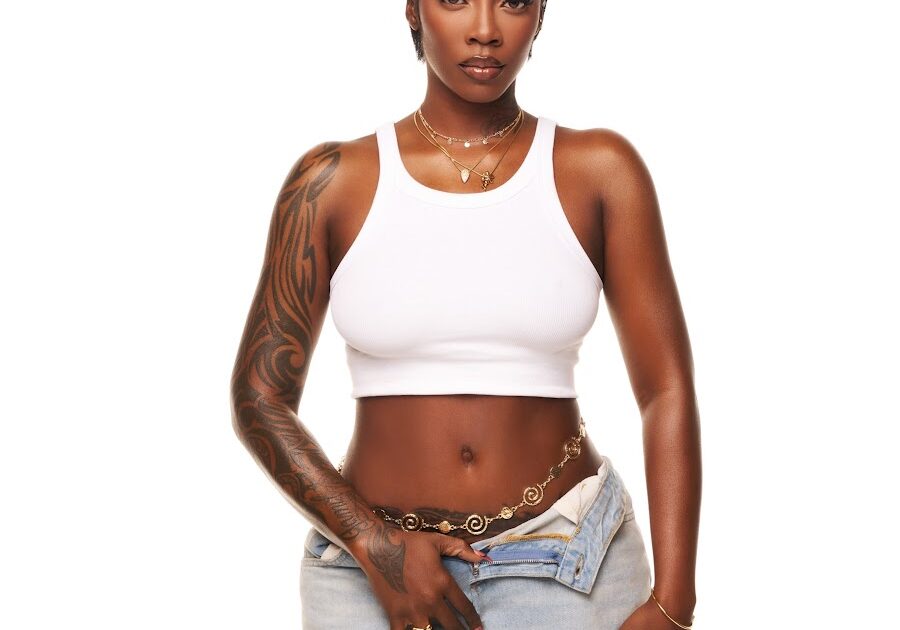Tiwa Savage, a prominent figure in the Nigerian and African music scene, ignited a debate with her candid assessment of Nigerian men’s romantic aptitude. In a recent episode of “Thoughts In A Culli,” she asserted that while Nigerian men possess an undeniable charm and a propensity for lavish spending, they often fall short in the realm of genuine romantic expression. Savage emphasized that while she appreciates outward displays of confidence and generosity, these qualities do not substitute for a deeper emotional connection. She seeks more than superficial gestures; she yearns for a partner who can offer genuine affection and emotional depth, qualities she believes are frequently lacking in her experience with Nigerian men.
Savage’s statement reflects a broader conversation about evolving relationship dynamics and expectations, particularly within the context of contemporary Nigerian society. Her viewpoint, expressed with characteristic forthrightness, resonates with the experiences of many women who find themselves navigating a dating landscape where material displays often overshadow genuine emotional connection. Her perspective challenges the traditional notion that financial generosity equates to romantic prowess, emphasizing the importance of emotional intelligence and genuine affection in fostering meaningful relationships. The ensuing discussions sparked by her comments highlight the growing desire for more substantive connections beyond superficial charm and material offerings.
The singer’s assertion carries weight given her personal journey and prominent status. Having risen to fame in 2010 with her hit single “Kele Kele Love,” Savage has established herself as a force in the African music industry, garnering international acclaim and numerous awards. Her personal life, including a high-profile marriage and subsequent divorce from music executive Tunji ‘TeeBillz’ Balogun, further adds context to her perspective. Having experienced both the highs and lows of romantic relationships, her commentary reflects a nuanced understanding of the complexities of love and partnership, particularly within the cultural context of Nigeria.
This incident is not an isolated occurrence; it’s part of a larger dialogue surrounding gender roles and relationship expectations in modern Nigerian society. Savage’s comments have resonated with many women who share similar experiences, leading to wider discussions on social media and other platforms. The conversation underscores a shifting paradigm where women are increasingly vocal about their desires for emotional depth and genuine connection in relationships, challenging societal norms that often prioritize material wealth over emotional intelligence. This evolving discourse signifies a growing awareness of the multifaceted nature of romantic relationships and the importance of emotional fulfillment.
The debate prompted by Savage’s remarks also touches on broader societal issues related to masculinity and emotional expression. In a culture where men are often socialized to prioritize material success and outward displays of strength, there can be a reluctance to express vulnerability and emotional depth. This cultural conditioning can sometimes create a disconnect between men’s intentions and their ability to effectively communicate and connect with their partners on an emotional level. Savage’s comments, therefore, inadvertently contribute to a larger conversation about the need for men to embrace emotional intelligence and develop healthier forms of expressing affection.
Ultimately, Tiwa Savage’s candid critique of Nigerian men’s romantic approach has sparked a necessary and multifaceted conversation about relationship dynamics, gender roles, and emotional intelligence. Her perspective, born from personal experience and amplified by her public platform, has resonated with many, prompting wider discussions on the evolving landscape of love and relationships in contemporary Nigerian society. Her comments serve as a catalyst for further exploring the nuances of romantic connection and challenging traditional notions of masculinity, ultimately contributing to a more open and honest dialogue about what constitutes a truly fulfilling partnership. The resulting discourse encourages a deeper understanding of the complexities of human connection, moving beyond superficial gestures towards a more authentic and emotionally intelligent approach to relationships.


